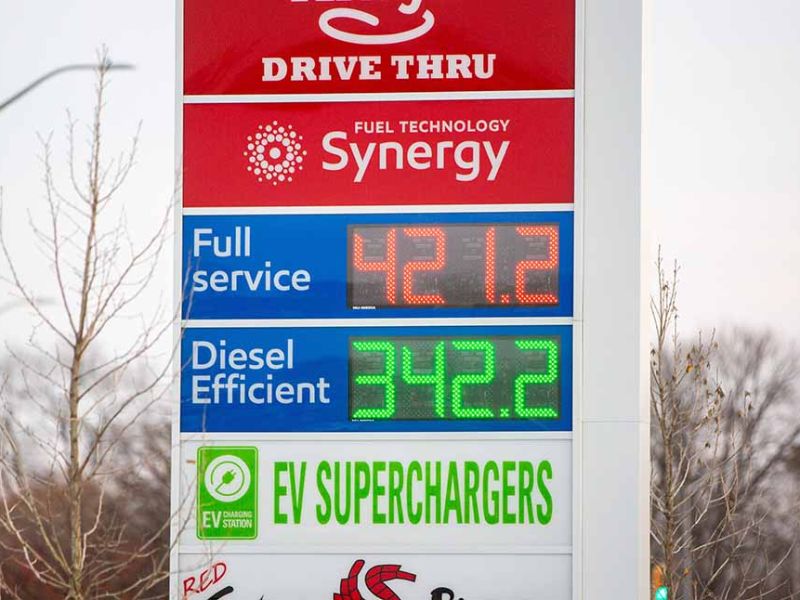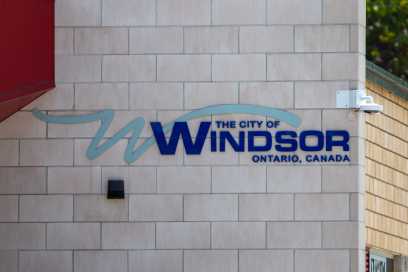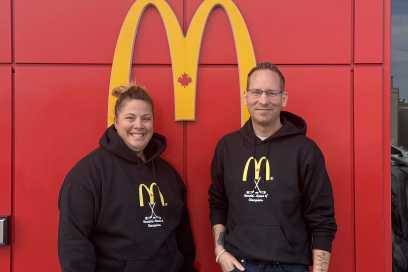Local Expert Blog: How To Think Like Your Customer
Saturday July 11th, 2020, 11:00am
Often, during times of absolute mayhem (cough-COVID-cough), local, national, and international commerce is upset. When that happens, many businesses feel like they have run into a brick wall. They come to a standstill as workforces, customers, revenue, and prospects become severely affected.
Businesses then look to reduce risk immediately. As a result, one of the most common expenses they cut is marketing. The problem here is that many may view marketing departments as expendable, where they should be considered essential.
But why?
Hard times are hard times. There is no getting around that fact. However, that is when you should be increasing your brainstorming sessions and researching more than ever. In other words, you should choose the scalpel over the axe when reconsidering budgets.
If past recessions taught us anything, it is how to market to consumers who may have changed their perspective due to uncertainty.
Ok, now we have a starting point.
For instance, according to a Harvard Business Review article titled, “How to Market in a Downturn,” an economic downturn explains that consumers reprioritize the consumption of products and services into four categories:
Essential – Deemed necessary for survival or central to well-being.
For example – food, shelter, clothing, medical care, transportation.
Treat – Considered indulgences; therefore, an immediate purchase is considered justified.
For example – restaurant dining, entertainment, cars, appliances.
Postponables – These products or services can be reasonably put off.
For example – travel, entertainment.
Expendables – Perceived as unnecessary.
For example – household services (housekeeping, lawn care, snow removal).
What this tells us is that a treat, like dining at your favourite restaurant, has been replaced by an essential, like eating at home.
Equally important to note, and as this article points out, “most consumers become more price-sensitive and less brand loyal during recessions. Consider yourself for a moment or maybe someone you know personally – do you/they seek out favourite products and brands at reduced prices or settle for less-preferred alternatives (e.g. a can of Green Giant Corn to a can of Great Value Corn)?
How could your favourite brand, if deemed a postponable, talk you into still considering a purchase?
What added product or service knowledge makes you press ‘add to shopping cart‘ on an item that is most definitely considered a treat?
At the end of the day, you are not only a business owner or employee, you are a someone’s consumer, too. With that in mind, don’t be afraid to use your own experience as a starting point when considering how recessions effect consumer buying strategies. After all, we are all trying to make sense of the mayhem.
Sponsored story by SKO Communications. To learn more follow them on Facebook and LinkedIn or visit their website. Kick it old school by giving them a call at 519-992-6564.
























